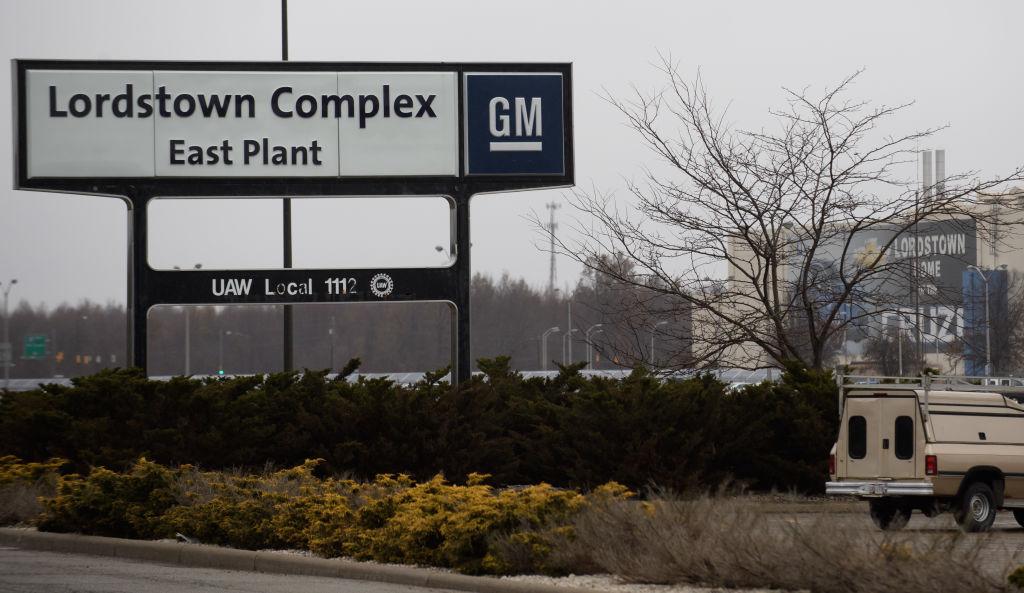WASHINGTON/TORONTO—Under pressure from President Donald Trump, General Motors Co. said on Wednesday it was in talks to sell an idled northeast Ohio plant to a cash-strapped electric truck-building company.
The No. 1 U.S. automaker also said it would invest $700 million in three other plants in Ohio—a state important to Trump’s re-election chances in 2020—and maintain some operations at a Canadian factory that had been slated to close by year-end.





